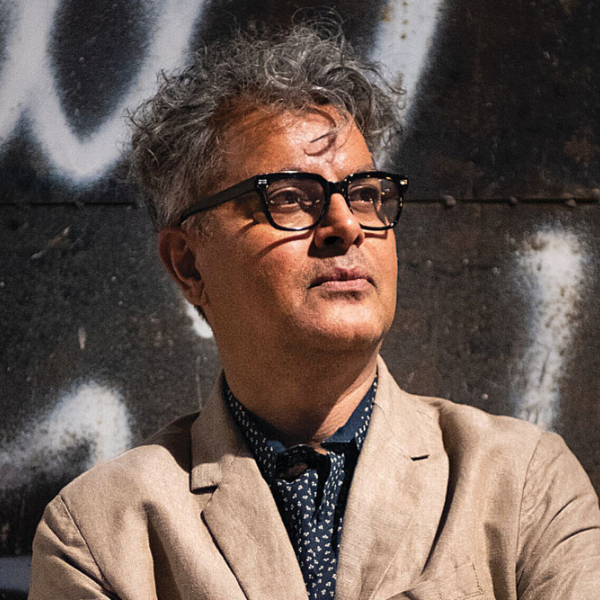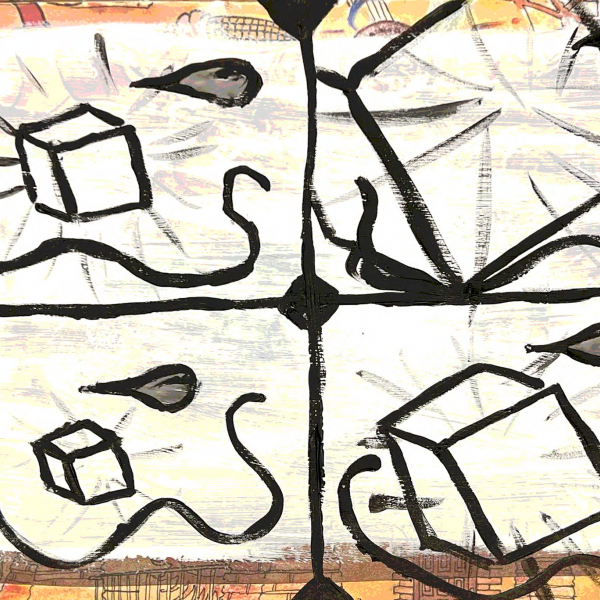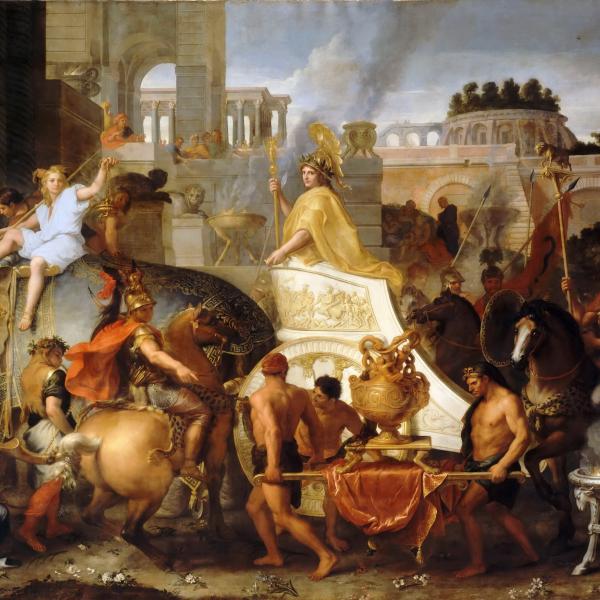This summer, Washington University PhD candidate in comparative literature Ena Selimovic will join 30 predoctoral students from around the country in Chicago for a three-week workshop that explores careers outside of the academy and/or the tenure-track system. Organized by Humanities Without Walls and the Chicago Humanities Festival, the workshop will encourage humanities doctoral students to think of themselves as agents of the public humanities and showcase opportunities beyond the walls of the academy in an uncertain academic job climate.
“While most PhDs in the humanities eventually secure rewarding and fulfilling jobs, only about a third end up in the position for which they’ve primarily trained: the tenure-track faculty position,” says Jean Allman, the J.H. Hexter Professor in the Humanities and director of the Center for the Humanities at Washington University. Allman is the lead investigator on “Cohorts, Courses, Qualifications, and Careers: Reconceptualizing the Humanities PhD at Washington University,” which explores the very same questions that have animated the discussion nationally, she says. Humanities Without Walls, a consortium funded by a grant from the Andrew W. Mellon Foundation and based at the Illinois Program for Research in the Humanities at the University of Illinois at Urbana-Champaign, is one of several programs established in recent years to meet this challenge.
“The Mellon Foundation, the National Endowment for the Humanities and other foundations, along with organizations like the Modern Language Association and the American History Association have been supporting various efforts to rethink doctoral training in the humanities so that we are better preparing students for the multiplicity of employment options they will have,” Allman says. “This work of rethinking doctoral training extends from graduate student recruitment to reconceptualization of the capstone dissertation experience.”
 In late July and early August, the 2017 summer fellows will learn differing ways to leverage their skill sets toward the pursuit of careers in the public humanities and the private sector (also sometimes referred to as “alt-ac” careers). Daily presentations from professionals from a wide range of industries — including marketing research, public media, libraries, government agencies and arts administration — combined with field trips to institutions engaged in public humanities such as the City of Chicago’s Department of Cultural Affairs and Special Events and the Joyce Foundation promise a dynamic and informative experience.
In late July and early August, the 2017 summer fellows will learn differing ways to leverage their skill sets toward the pursuit of careers in the public humanities and the private sector (also sometimes referred to as “alt-ac” careers). Daily presentations from professionals from a wide range of industries — including marketing research, public media, libraries, government agencies and arts administration — combined with field trips to institutions engaged in public humanities such as the City of Chicago’s Department of Cultural Affairs and Special Events and the Joyce Foundation promise a dynamic and informative experience.
The workshop’s focus on public humanities particularly intrigued Selimovic, who is in her third year as a PhD candidate in comparative literature and plans to begin writing her dissertation in fall 2017. As a refugee from the former Yugoslavia and a scholar of post-1945 American literature, especially Balkan-American literature, she has combined her personal and professional interests by working with the International Institute, the Bosnia Memory Project and the Nine Network’s (St. Louis’ PBS affiliate) Homeland Initiative, which culminated in a three-hour documentary series on refugee and immigration issues in the United States. “[These] programs have familiarized me with how institutions of public media, resettlement and academic research engage in narrative and community building,” Selimovic says.
Already, her activist work in literacy and her traditional scholarly endeavors in literature have broadened her conception of the humanities. “Among the most exciting parts of the PhD program is teaching younger students and learning from our professors and colleagues how to become better critical readers; this is a daily effort,” she says. “I wonder, more dreamily, if a new type of interactive outreach institution could be designed to foster a multilingual, collaborative approach to narrative creation and curation by community members and visitors. Such spaces for collaborative narrative building develop in line with the growing demand for makerspaces, which have so far focused primarily on STEM-related projects. I am eager to test the possibility of designing various makerspaces for the humanities, in particular for literacy, bilingualism and all levels of narrative building and storytelling.”




